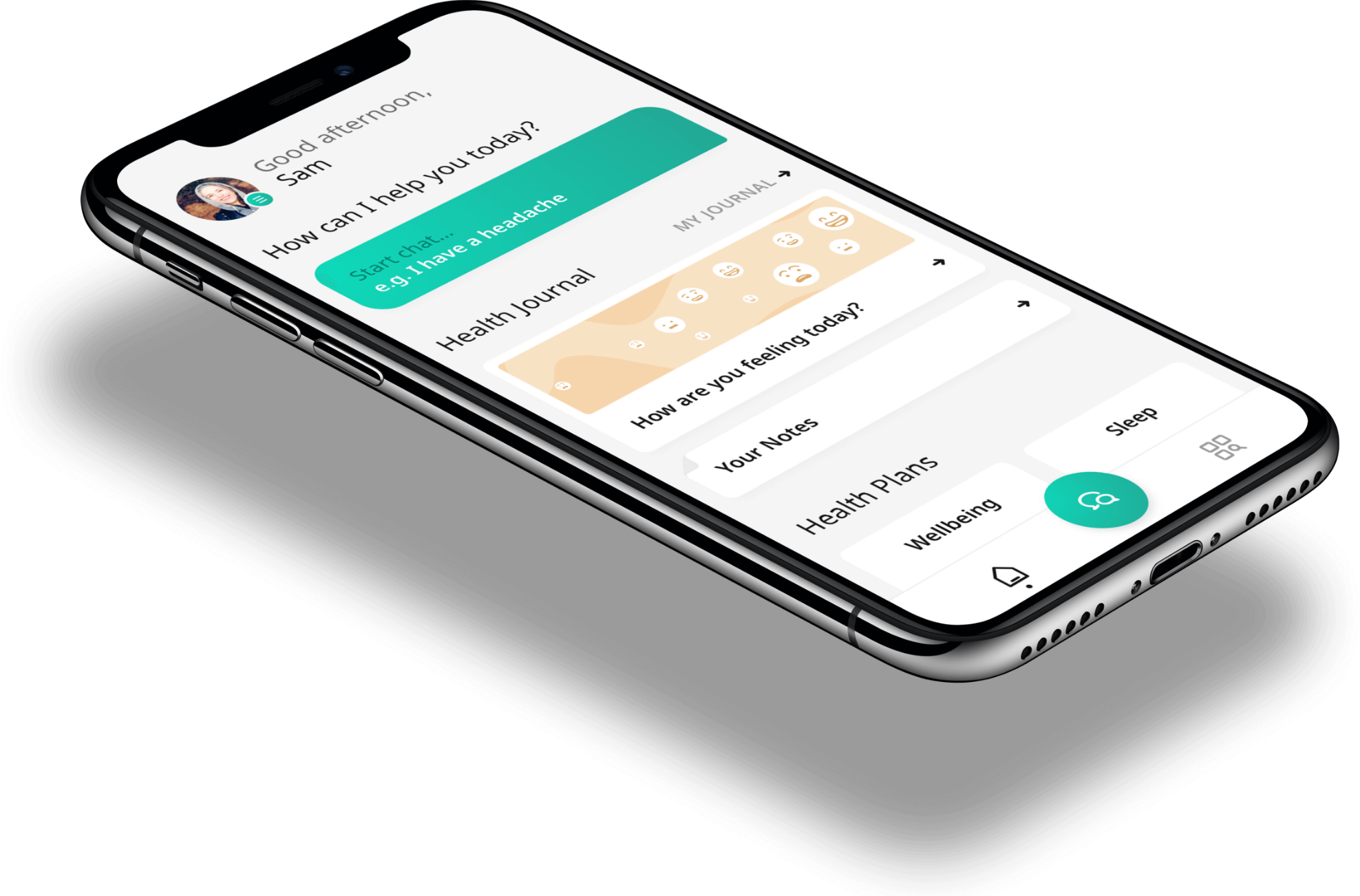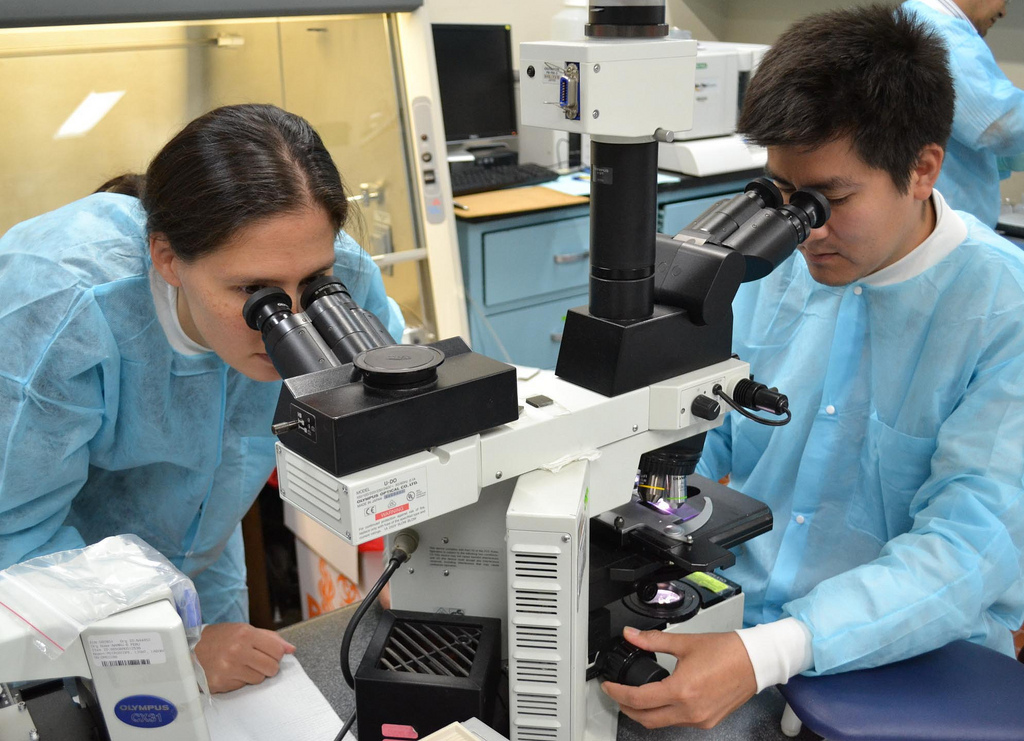With the pressure on healthcare providers continuing to grow, start-ups using AI to provide innovative solutions are becoming an increasingly vital part of the industry’s future.
Machine learning algorithms can be used to analyse huge amounts of patient data in seconds, and chatbots can help diagnose symptoms when a human doctor is not available to give care.
We take a look at five fledgling companies using artificial intelligence to improve patient care, reduce medical costs, and ease the ever-increasing burden on medical staff and institutions in 2020.
AI start-ups in healthcare
Pexxi
London-based femtech start-up Pexxi uses AI-powered genetic testing to help women find the right contraceptive pill for them.
Customers provide a spit sample, which contains information about their progesterone and oestrogen levels, and informs doctors about any genetic predispositions that might be affected by certain contraceptives.
The sample is analysed using an AI algorithm and Pexxi provides users with a list of drugs they are most likely to tolerate without experiencing serious side-effects.
Chloe Kent, medical devices writer at analytics company GlobalData, says Pexxi is aiming to end the “contraceptive roulette wheel” many women have to experience when selecting the best birth control method for their needs.

She adds: “Many women who choose to use hormonal contraceptives, such as the pill, implant or ring, have to navigate several different options through trial and error until they are able to find a medication that works for them.
“The side-effects associated with hormonal contraceptives, such as acne, weight gain, anxiety and depression, can have a huge effect on a person’s life, and it can take months or even years before a woman is able to settle on one with no or only minimal adverse effects.”
Pexxi is currently in the beta-testing stages of its development. Additionally, having secured its first round of funding in December 2019, it plans to expand and provide contraceptive implants and rings eventually as well.
RenalytixAI
Chronic kidney disease (CKD) affects 10% of people worldwide, including 37 million people in the US, according to the American National Kidney Foundation.
US start-up RenalytixAI develops AI-enabled products for diagnosing kidney disease.
It is currently working on two technologies, the first of which is KidneyIntelX — an in-vitro AI diagnostic solution to support doctors by improving the identification, prediction and risk stratification for patients with progressive kidney disease.
The other is FractalDx — a product to determine whether or not a kidney transplant will be rejected without the need for an invasive biopsy.
RenalytixAI has produced multiple reports demonstrating the effectiveness of both, but they are yet to hit the market.
The New York-based firm and was founded in 2018 as part of an agreement between UK medical equipment company EKF Diagnostics and US hospital network Mount Sinai Health System.
It has raised a total of $29m, which was secured via a Series A funding round in November 2018.
Your.MD
Your.MD is a free mobile phone app providing personalised self-care for a wide range of health problems.
It features information and articles on hundreds of health topics, from losing weight and sleeping better to advice on conditions such as flu, hay fever, constipation, food poisoning, and thrush.
The app uses an AI chatbot to help users decide when it’s time to see a doctor in person, and when self-care will be effective.

It also provides an app-based health journal allowing users to monitor, track, and improve their medical progress.
Your.MD claims it is the first app to be given CE accreditation by the EU, meaning it complies with medical device directives and can be sold in Europe.
It was founded in 2012, and has raised a total of $37m across five funding rounds — the most recent of which came in October 2018.
The company hopes its app can help people obtain quick and easy health advice at a time when waiting lists are getting longer and doctors are under increasing pressure.
KenSci
Using its risk-prediction platform, US start-up KenSci wants to save lives and reduce healthcare costs by helping providers intervene as early as possible.
The company uses AI to analyse financial and clinical data, highlighting to medical staff people who are more likely to get ill. It puts particular emphasis on anticipating chronic and critical illnesses.
This allows patients to get treatment at the earliest possible time, but it also minimises re-admission to hospitals, and the overuse of emergency rooms, saving money for providers.
KenSci says this risk analysis can be done at scale for any organisation, no matter how many patients they manage, and guarantees the security of sensitive data it uses.
Its platform is used by several healthcare providers — including NHS Scotland — and claims it predicts risks for about 27 million patients.
The Washington-based start-up was founded in 2015 and has raised $30.5m across two funding rounds.
Abtrace
Abtrace is a UK software company using AI to tackle the issue of antimicrobial resistance (AMR) — where infections become drug-resistant.
It applies its machine learning model to data to help doctors decide when to prescribe antibiotics, which drugs are most likely to be successful and what the dosage should be.
It does this by recognising and highlighting patterns in large data sets, and translating them into recommendations for healthcare professionals.
Abtrace hopes this will help to reduce the number of drug-resistant “superbugs” caused by overuse and misuse of antibiotics.
It also hopes to improve the quality of treatment for patients by selecting a drug that will be effective more often, and save costs for the healthcare industry by preventing unnecessary prescriptions.

The start-up uses natural language processing (NLP) to analyse medical data in the form of written text, also known as unstructured data, giving it access to a much broader range of data.
Having raised €2m ($2.2m) through a pre-seed funding round led by German healthcare investor EIT Health in November 2018, Abtrace wants to “expand its clinical focus” to emergency departments and intensive care units as well as general practice centres.
GlobalData’s Kent says the company’s platform can go through a patient’s records and recommend whether or not they should be given antibiotics in a matter of seconds.
She adds: “AMR is one of the greatest ongoing threats to global health, estimated to cause 25,000 deaths and 2.5 million extra hospital stays per year in Europe alone.
“Leading the fight against antimicrobial resistance in the tech world is Abtrace, an AI platform designed to help clinicians prescribe the most appropriate antibiotic for each patient they see in their practice.
“When around 30% of antibiotic prescriptions are inappropriate, this couldn’t come at a more vital time.”



